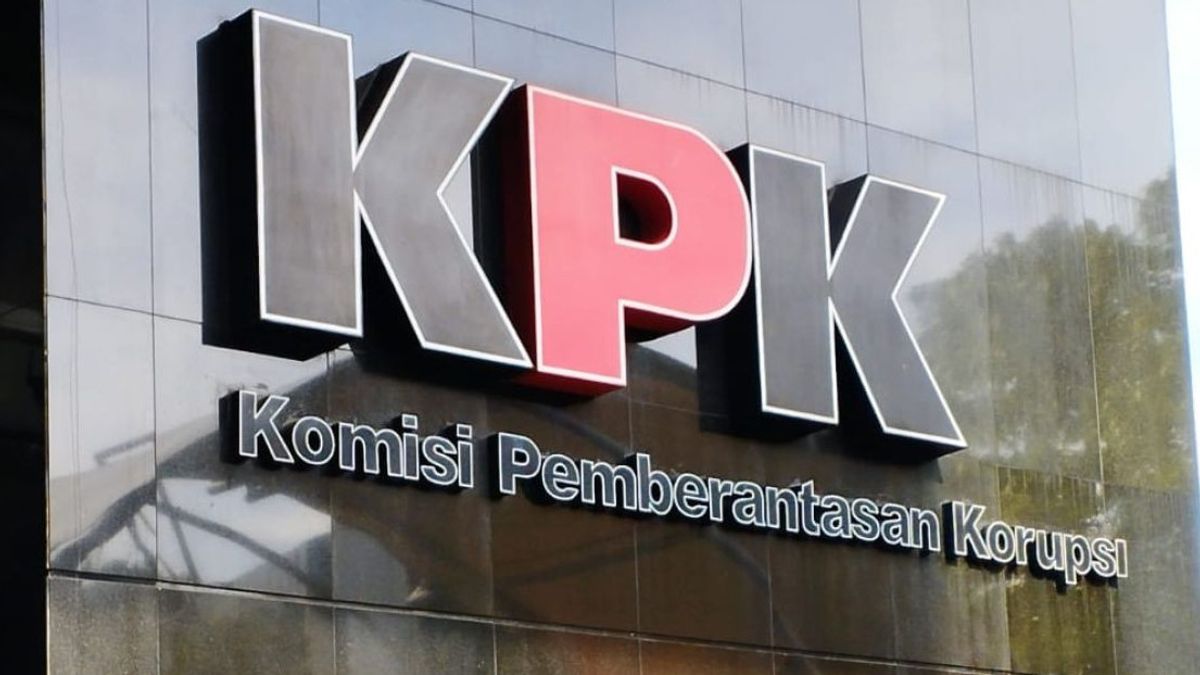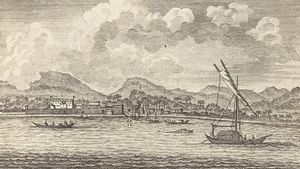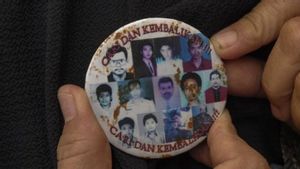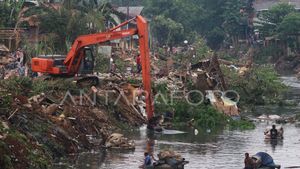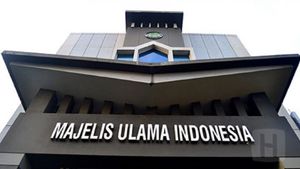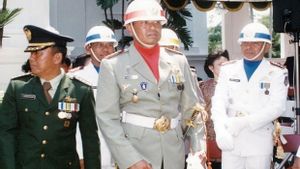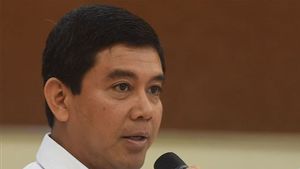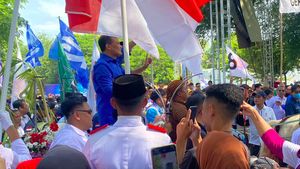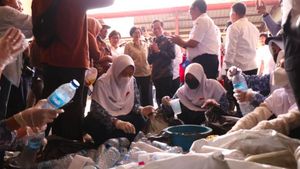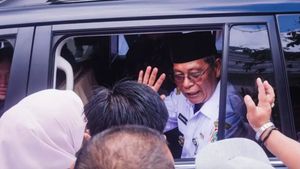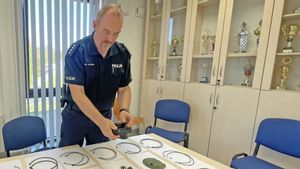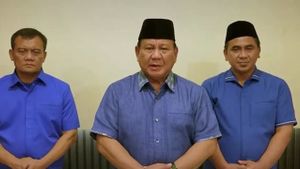JAKARTA - Corruption often haunts the history of the journey of the Indonesian nation. Era of the Old Order and New Order (Orba), especially. The practice of misappropriation of state money was once considered common. This condition makes all national figures concerned. They want corruptors to be dealt with.
The narrative was taken seriously by the era of Abdurrahman Wahid (Gus Dur). Then, Megawati Soekarnoputri continued the corruption era. He founded an institution. The Corruption Eradication Commission (KPK), his name.
It could be that Indonesia succeeded in fighting the invaders. However, Indonesia has never succeeded in stopping the corrupt behavior of state officials. The Indonesian government has never won. Surprisingly they -- corrupt officials -- actually continued to win and go ahead on the political stage.
In the Old Order era, for example. Corrupt officials seem reluctant to think about the fate of the people. Because, the only thing they think about is profit. This condition is not much different when the government moves from the Old Order to the New Order.
The practice of corruption is even much worse. If corruption in the Old Order era is perpetuated under a table, then the New Order is a little clear. Alias on the table. The study enriches itself by 'eating' people's money continues to last because the government is less firm on corrupt officials.
The rampant practice of corruption then made several national figures concerned. Let's Muhammad, one of them. The Minister of Finance of the 1993-1998 era, who was known clean, then asked the government to form a special institution to create an official for corruption.
This wish was echoed during the era of Bacharuddin Jusuf (BJ) Habibie's administration. However, it only got a bright spot in the era of President Gus Dur. He strongly supports the desire for a special institution to deal with corruption. The KPK, his name.
Gus Dur then wrote and signed a letter to the DPR. The letter, numbered R-13/PU/VI/2001, contains an introductory narrative for the formation of the KPK Law dated June 5, 2001.
There may even be someone who doesn't know, who signed a letter to the DPR-RI for the formation of the KPK Law at that time. Presidential letter dated June 5, 2001 signed by: Abdurrahman Wahid. That's all. I'll tell you this because I've been listening to Twitter lately and I've been touched once I read the story of Alm. Gus Dur. In fact, he laid an important basis in this country: KPK, "explained the KPK spokesman for the 2016-2020 era, Febri Diansyah on his Twitter account @febridiansyah, January 6, 2020.
Gus Dur's studies can be said to be successful. However, Gus Dur actually stepped down. Fate formed the KPK increasingly confused. Megawati Soekarnoputri, who replaced Gus Dur, then appeared like a savior.
Soekarno's son did not want to see many institutions in his government that were too dirty. Moreover, corrupt practices using the method of exchanging goods, exchanging authority, double administration, bureaucratic rhetoric, and others continue to mushroom.
President Megawati has begun to show seriousness in fighting corruption. The narrative of the formation of the KPK during the Gus Dur era began to be discussed into the product of the Law (UU). A law that mandates the establishment of the KPK.
As a result, Law Number 30 of 2002 concerning the Corruption Crime Commission was born on December 27, 2002. The moment was officially the birthday of the KPK. Megawati firmly perpetuated the KPK as an independent institution.
Everything so that the KPK in carrying out its duties is not ridden by other interests. Then, the establishment of the KPK became a sign of a new era of era of eradicating corruption in Indonesia. Even though there were many forces that wanted to bulldoze the KPK.
Founded on the orders of Law Number 30 of 2002 on December 27, 2002, the KPK road is indeed long and bloody. Starting from scratch, this institution slowly prepared itself. The reconnaissance team, which has been only owned by police, soldiers, and intelligence agencies, was formed. This team with high technology support has recently been proven to be effective in capturing the hands of corruptors.
"Investigators were recruited, including from the police and prosecutors-two institutions that have been also unknown clean. The system was formed, operating standards were prepared, including by carefully supervising KPK workers. Supervision and internal indoctrination make "bad" can be used as "good". The police and prosecutors who work at the KPK are slowly aware that corruption cannot be continuously protected," wrote Tempo Magazine's report entitled A One Decade (2012).
SEE ALSO:
The English, Chinese, Japanese, Arabic, and French versions are automatically generated by the AI. So there may still be inaccuracies in translating, please always see Indonesian as our main language. (system supported by DigitalSiber.id)
